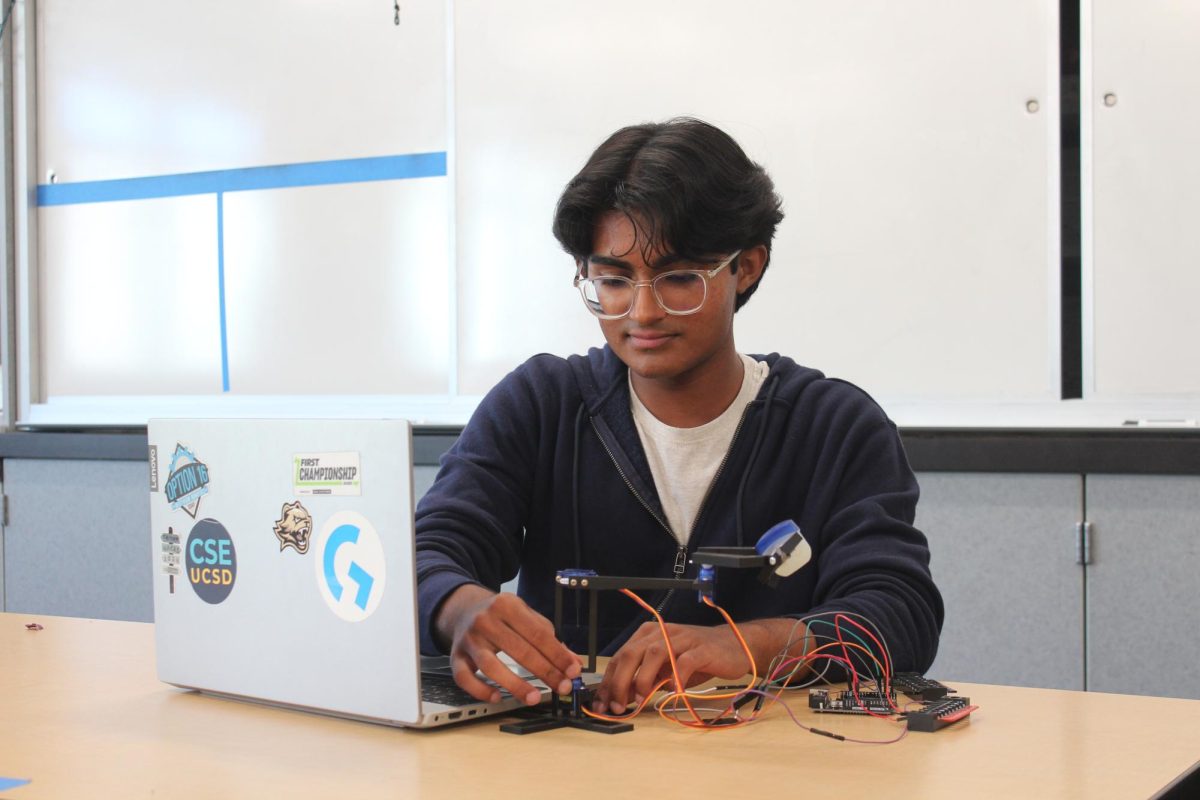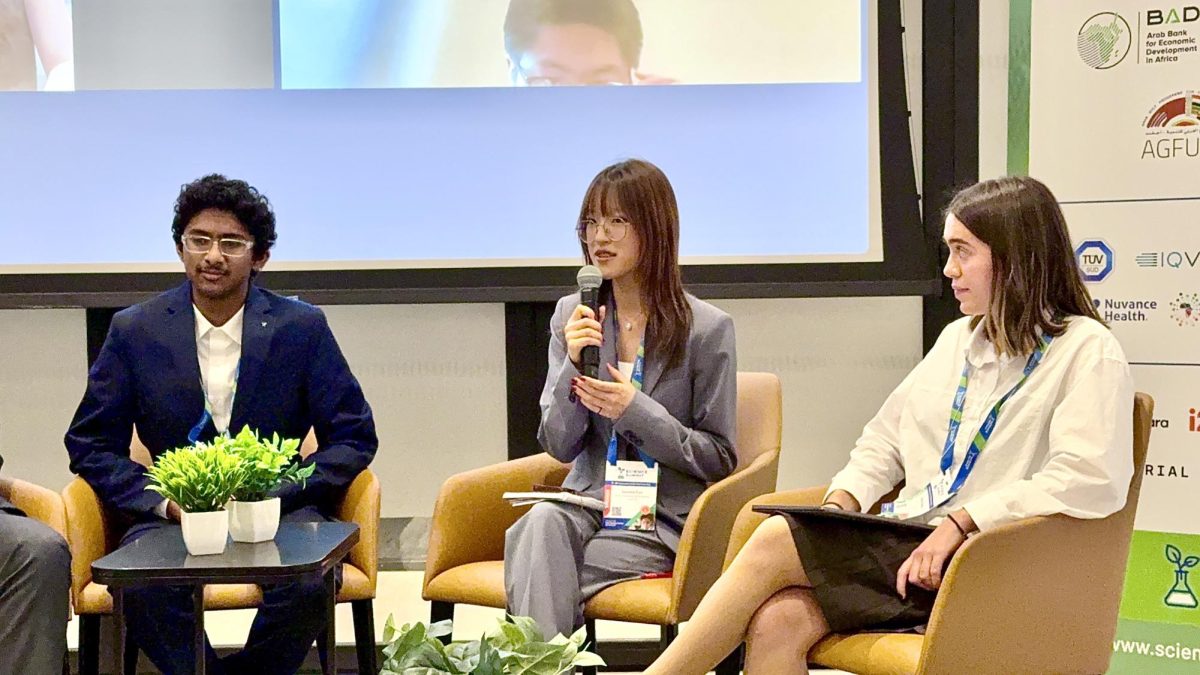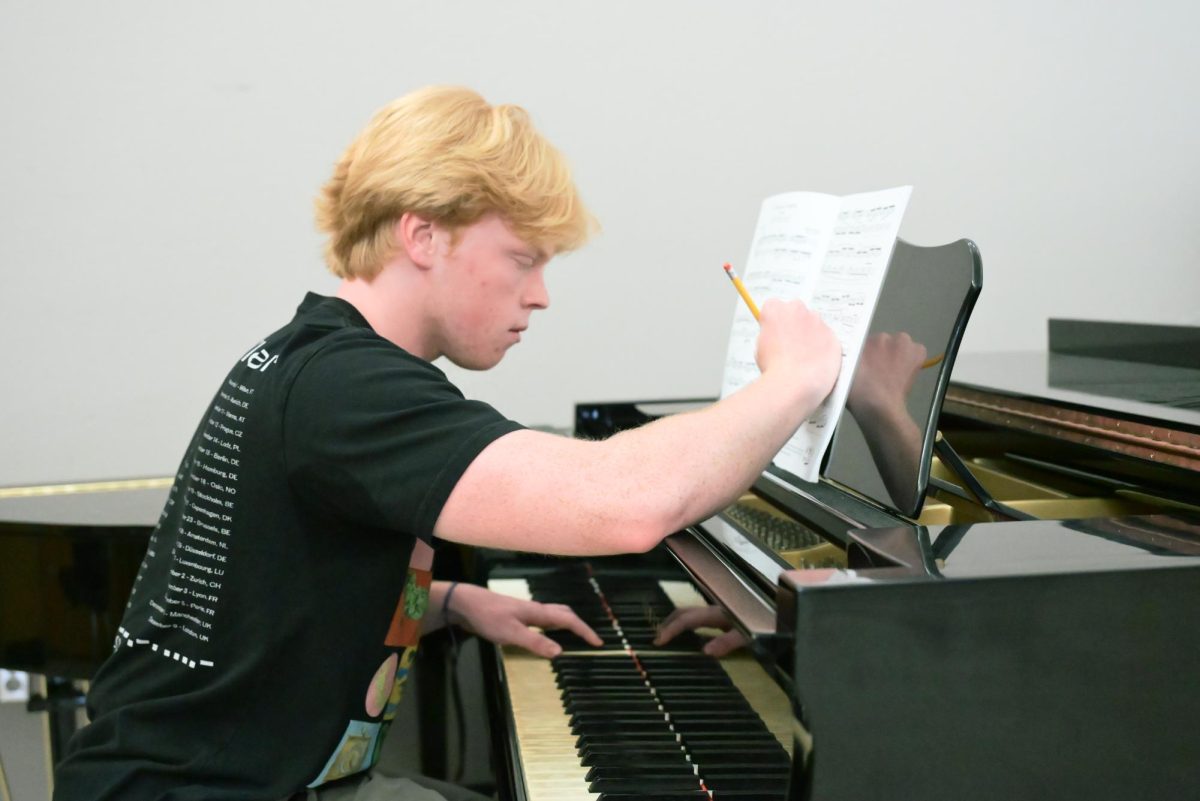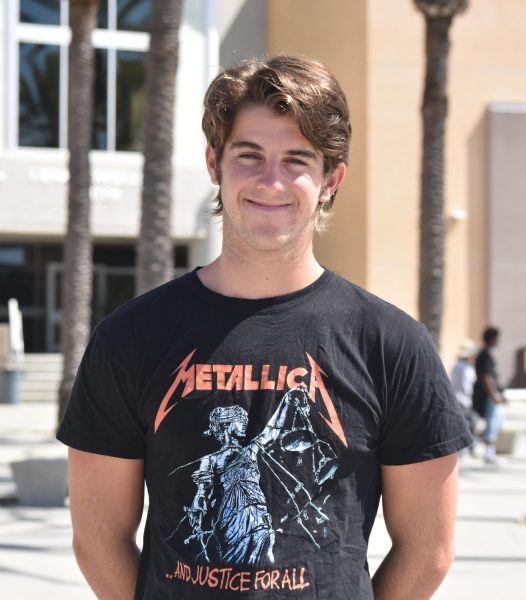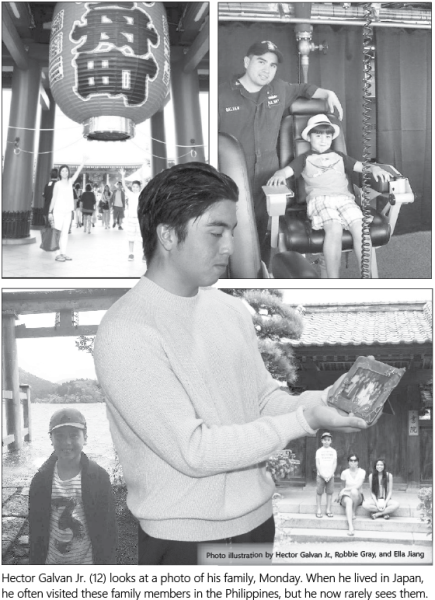 Most students grow up with the privilege to maintain the friendships they make from the first day of kindergarten to the last day of high school.
Most students grow up with the privilege to maintain the friendships they make from the first day of kindergarten to the last day of high school.
But the 115,000 children of active duty service members in San Diego, colloquially referred to as “Military Brats,” do not enjoy such luxuries.
Military Brats’ early childhoods are often filled with endless upheavals which leave them with no stable definition of “home.”
Zane Boyd (12) has lived his whole life with and continues to live with a fuzzy definition of home.
He was born in San Diego to a father who is an active duty service member serving for the navy as a Lieutenant Commander.
Because of this through the course of his life so far he moved from San Diego to Virginia for two months when he was 8, then at 9, he moved to Monterrey, then a year later to Temecula, then back to Monterrey, only to move once more to Hawaii three months later, then back to Monterrey three years later.
Finally, he found himself back in San Diego one year later, placing him at Westview to start his sophomore year, and will be moving again at the end of this year back to Hawaii.
Constantly shifting into new social environments and schools, Boyd often found himself sitting alone during lunch as he did not have time to build friends to eat with.
When Boyd finds himself eating alone he is keenly aware of his peers’ judgment.
“Sitting alone is never a good look,” Boyd said. “I’ve had people [comment on my] sitting alone and it hurts when people say that. It does feel very lonely. [I have to remind myself] that others’ opinions are not gonna change my value.”
Even when Boyd is able to find connections, specifically in the form of romantic relationships, he often finds his partners detaching before his next move.
“Some people let friendships go but for me it’s harder to give up because I know that if I were to lose one of my best friends it would be hard to make a new friend,” Boyd said. “I am careful with what I say because in the past when I messed up something with a friend a couple of months [went by without us talking] which might not seem like that much, but for me by the time we were ready to repair our friendship, I [was] gone.”
Hector Galvan Jr. (12) who was born in Japan to a father who was a chief petty officer in the navy also struggled with feelings of loneliness, though not as much from a lack of quantity of friends but of quality.
He has lived in various places around Japan, moved to California, then back to Japan, and now is back in California.
“I made friends that felt fake at a YMCA in Japan,” Galvan said. “I was the weird foreign kid in the country that didn’t speak their language, so they isolated me and brushed me off and I just [accepted it]. I [thought I] had to be friends with everybody because I’d be lonely while I was still there.”
Galvan moved back to San Diego in the middle of seventh grade.
Last year Galvan’s father retired, leaving Galvan permanently anchored in San Diego.
As the realization that he could settle here sank in, he realized that he didn’t have to be a people-pleaser anymore to not be alone.
“I could finally take my time and pick and choose who I wanted to be friends with and surround myself with,” Galvan said. “I adopted the mentality that it’s important to go where you’re celebrated, not just tolerated.”
Galvan said that the acute frustration that he had to deal with so many times throughout his life could only be worked through with radical acceptance.
“I couldn’t argue my way out of [it],” Galvan said. “I saw it as a fresh start that I experienced a million times.”
Similarly Boyd says that being a Military brat has helped him learn to see the silver linings in all parts of his life.
“I have seen kids who have given up on making friends and they end up alone,” Boyd said. “Their social skills just go out the window and it’s sad. From that, I’ve realized the importance of always moving forward and having hope. It’s important to just keep moving on and try to find the silver lining in everything.”


